This is the fifth International Conference on Pluralistic Counselling and Psychotherapy (ICPCP) which this year is being hosted by Robert Gordon University and Online Events.
Every year the pluralistic community bring together practitioners, academics, and those interested in the Pluralistic approach together to discuss, debate, and learn about developments in the field. Our ambition for these events is to open our arms to all comers and this year our focus is on the impact a pluralistic approach can have through collaborations – taking our practice out of the therapy room to impact of societal challenges.
As always, we have a self-select fee to ensure we include all those who wish to attend, in keeping with this we would ask that those of you who can afford to contribute do so to ensure we continue to support this annual event.
Along with the practice-focused workshops, talks, and discussions we are hugely excited to be welcoming keynote speakers from across the globe: Lisa Goodman, Usha Tummala-Narra, and David Denborough
Course Content
Presenter
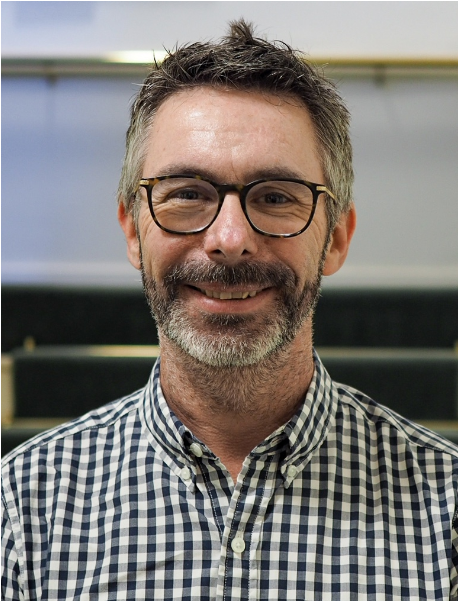
Professor Andrew Reeves, Associate Professor in the Counselling Professions and Mental Health, Senior Fellow, Higher Education Academy (Advance HE), Fellow, British Association for Counselling and Psychotherapy Personal and Professional Reflections on Covid-19 Loss and Grief
Dr. Andrew Reeves is a Professor in the Counselling Professions and Mental Health, a BACP Senior Accredited Counsellor/Psychotherapist and a Registered Social Worker.
His practice experience spans over 35 years, when he first trained as a Samaritans volunteer at 18, before moving into social and work therapy. His research focus in working with risk in therapy, having experienced the suicide of a client during his training. Since then, he was published extensively in this area. He is previous Editor-in-Chief of Counselling and Psychotherapy Research journal, past-Chair of BACP and is Chair of the York St John Advisory Board Counselling and Mental Health Research Clinic. He supervises mostly doctoral research in counselling, psychotherapy and psychological trauma.
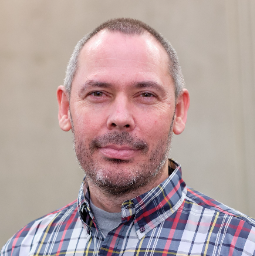
Brian Rodgers is a senior lecturer and programme director for the counsellor education programmes at the University of Auckland, Aotearoa New Zealand. Brian has been involved with counsellor education over the last two decades at a number of institutions including Auckland University of Technology, University of Queensland in Australia, and University of Strathclyde in Glasgow, Scotland.
He is past Chair of the World Association for Person Centered & Experiential Psychotherapy & Counseling (PCE World), and is still actively involved in a number of the association’s initiatives. Brian’s research interests include person-centred and experiential counselling, pluralistic practice, client directed and outcome informed practice, integration of research into practice, client’s experience of therapy/research, technology and counselling/psychotherapy, bi-cultural approaches to counselling/psychotherapy, collaborative learning and counsellor education.

David Denborough is a Narrative therapist and the co-director of the Dulwich Centre, he works as a community practitioner, teacher and writer for the theatre. He has undertaken teaching/community assignments in Palestine, Thailand, Israel, Bosnia, Rwanda, Uganda, Canada, Brazil, Argentina, Chile, South Africa and with a number of Aboriginal Australian communities. David’s songs in response to current social issues have received airplay throughout Australia and Canada. He is vitally interested in avoiding psychological colonisation, developing forms of practice relevant to the most marginalised, and in cross-cultural inventions through cross-cultural partnerships.
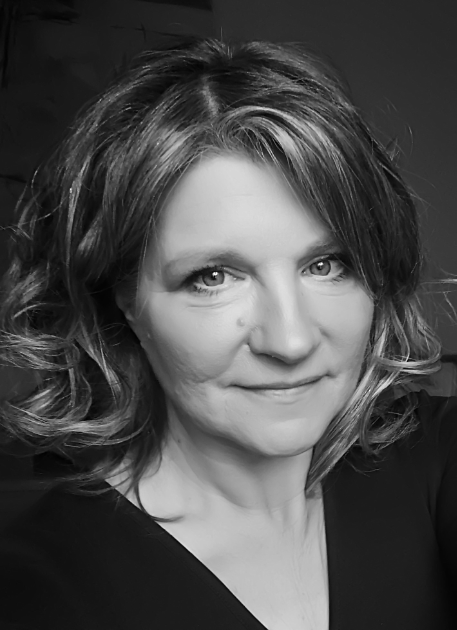
Kate Smith PhD. is an academic at Abertay University in Scotland where she oversees the MSc in Pluralistic Therapy and the Tayside Centre for Counselling. She has led a number of initiatives within the pluralistic practice community, as well as being the co-author of The Pluralistic Therapy Primer, 50 Frequently Asked Questions in Pluralistic Therapy, and a co-Editor in Chief of the Pluralistic Practice Journal.
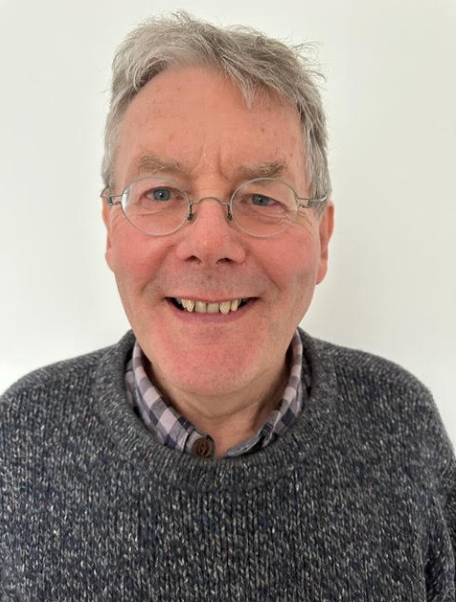
John McLeod is Visiting Professor of Counselling at the Institute for Integrative Counselling and Psychotherapy, Dublin, and Emeritus Professor, Abertay University. He has been closely involved in the development of pluralistic therapy, as well as publishing widely on a wide range of aspects of counselling and psychotherapy research and practice. He lives in Dundee, Scotland.
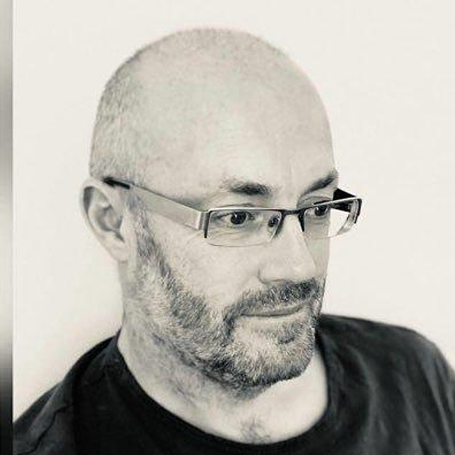
I have been facilitating in Counselling & Psychotherapy programmes in the UK for more than 10 years.
I am currently the director at Temenos Education and have a private practice where I offer online Psychotherapy and Supervision using video and chat communication platforms along with virtual environments. I am also the co-founder of onlinevents which has grown to be the world’s largest library of online video and audio content with instant certification and a learning log.
I am also a past chair of the Association for Counselling & Therapy Online (ACTO) and have served for 6 years on the board of the World Association for Person Centered & Experiential Psychotherapy & Counselling. My passion to bring online learning into the field of Counselling & Psychotherapy has also led to the development of online experiential learning within the Temenos programme, facilitating the exposure of Temenos students to external tutors who are located in different parts of the world. Along with the inclusion of experiential learning of online Counselling & Psychotherapy for Temenos students so that they qualify with knowledge and practice in online communication and relationship.
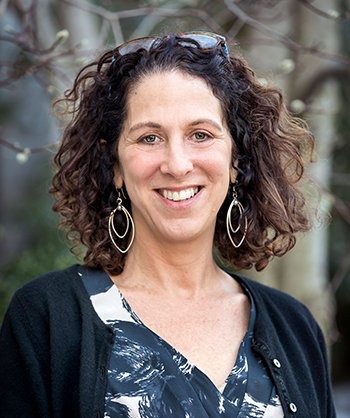
Lisa Goodman is a clinical-community psychologist and Professor in the Department of Counseling and Applied Developmental Psychology at Boston College. She uses a community-based participatory research approach to explore intimate partner violence, aiming to illuminate how survivors use their social networks for healing and safety, and how to improve systemic responses. Her research highlights the strengths and needs of marginalized survivors, including communities of color, and people who are unhoused.
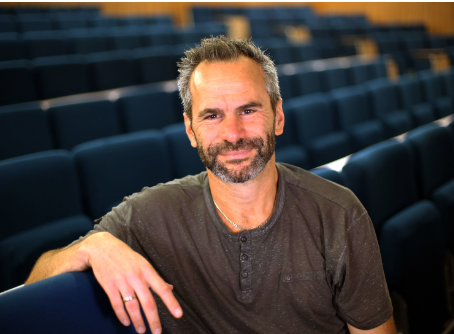
Mick Cooper is an internationally recognised author, trainer, and consultant in the field of humanistic, existential, and pluralistic therapies. He is a Chartered Psychologist, and Professor of Counselling Psychology at the University of Roehampton.
Mick has facilitated workshops and lectures around the world, including New Zealand, Lithuania, and Florida.
Mick’s books include Existential Therapies (Sage, 2017), Working at Relational Depth in Counselling and Psychotherapy (Sage, 2018), The Handbook of Person-Centred Psychotherapy and Counselling (Palgrave, 2013), and Integrating Counselling and Psychotherapy: Directionality, Synergy, and Social Change (Sage, 2019).
His latest work is Psychology at the Heart of Social Change: Developing a Progressive Vision of Society (Policy Press, 2023)
Mick Cooper is also the editor of The Tribes of the Person-Centred Nation (PCCS, 2024) and co-editor of The Handbook of Person-Centred Psychotherapy and Counselling (3rd ed, 2024).
Mick’s principal areas of research have been in shared decision-making/personalising therapy, and counselling for young people in schools.
In 2014, Mick received the Carmi Harari Mid-Career Award from Division 32 of the American Psychological Association. He is a Fellow of the British Association for Counselling and Psychotherapy and the Academy of Social Sciences.
His latest work is Psychology at the Heart of Social Change: Developing a Progressive Vision of Society (Policy Press, 2023)
The book looks at the interface between therapy and social justice. The blurb for the book reads: ‘Over the past century, psychotherapy – and its parent discipline, psychology – has built up a vibrant, nuanced and highly practical understanding of human wellbeing and distress. This book describes a progressive political approach that integrates insights from the psychotherapeutic and psychological domain, moving us from a politics of blame to a politics of understanding. In this vision of society – surrounded by a culture of radical acceptance – all individuals can live rich and fulfilling lives. We need those shaping our political landscape to understand psychological needs and processes more deeply to enhance our ability to work with others in a spirit of collaboration, dialogue and respect.’
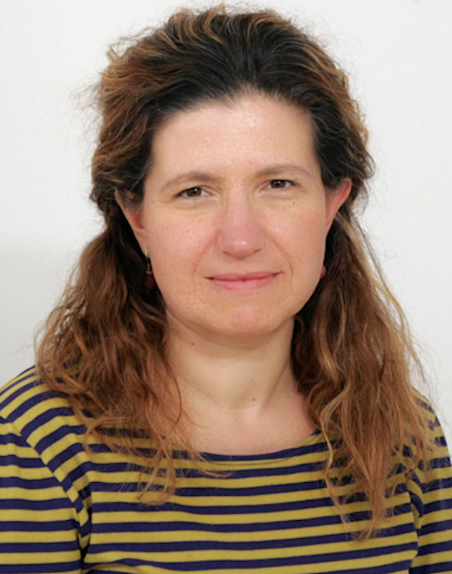
MBACP Accredited counsellor/psychotherapist, lecturer at the Institute for Counselling and Psychological Studies, Athens, Greece
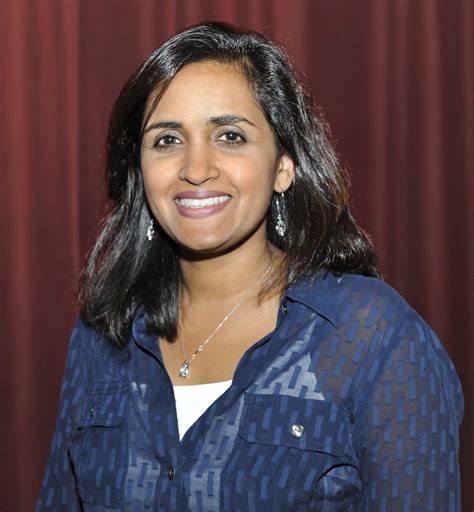
Usha Tummala-Narra is a Clinical psychologist and professor in Psychological and Brain Sciences at Boston College. Her research focusses on mental health and trauma within immigrant communities in work which focuses on cultural competence in psychotherapy and culturally informed practices. She examines the impact of race, gender, and interpersonal and collective trauma and how therapy can become more culturally informed.


